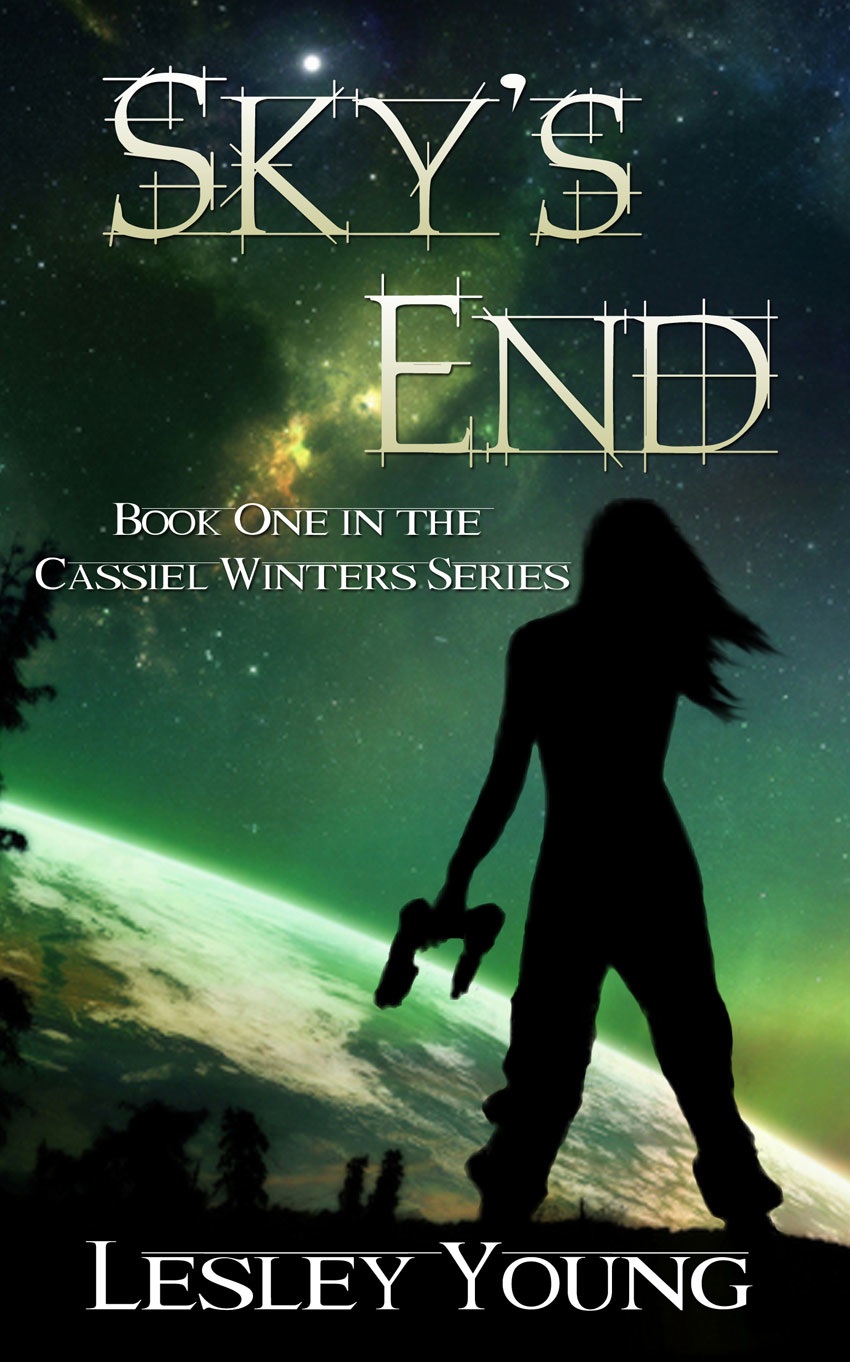In the realm of contemporary fantasy literature, few works possess the uncanny ability to draw readers into their world as effectively as “Sky’s End: Book One in the Cassiel Winters Series.” This remarkable debut novel by the author deftly interlaces elements of adventure, emotion, and profound philosophical questions about existence. Within its vibrant pages, it unfolds like an intricate tapestry, where each thread represents a character or theme, weaving together a story that captivates and challenges the mind.
The narrative is set against the backdrop of a richly imagined universe, reminiscent of a slowly unfurling flower, where each petal exposes a new layer of the plot. The protagonist, Cassiel Winters, stands at the precipice of an impending crisis, as she grapples with her identity in a world governed by enigmatic forces and complex relationships. From the very first chapter, the reader is thrust into a maelstrom of emotion, uncertainty, and intrigue, reflecting the chaotic nature of human existence itself.
One of the novel’s most alluring characteristics is its use of metaphor, which serves as a beacon guiding readers through the labyrinth of Cassiel’s journey. The sky, often referred to as the “canvas of the universe,” becomes a powerful symbol throughout the story. It represents not only the vastness of possibility that lies ahead for Cassiel but also the inevitability of fate and the choices she must confront. Much like the shifting hues of dawn, the narrative oscillates between hope and despair, light and darkness, as Cassiel’s path unfolds.
As we delve deeper into Cassiel’s adventures, we recognize her longing for connection and understanding, echoing a universal desire found within us all. Her character development is both nuanced and compelling. She transitions from a naive wanderer to a woman of agency, challenging the status quo. This transformation acts as a mirror, reflecting the latent potential within every reader to transcend limitations and confront their own “sky’s end.”
The supporting characters are meticulously crafted; each one is imbued with distinct motivations and complexities that enhance the story’s overall richness. Beyond being mere signposts along Cassiel’s journey, they embody various philosophical perspectives that provoke critical thought. For instance, the enigmatic guide serves as a harbinger of wisdom, offering cryptic insights that force Cassiel, and thereby the reader, to wrestle with existential questions.
A striking aspect of “Sky’s End” is its thematic exploration of duality—between light and shadow, free will and predestination. The author’s ability to illustrate the tension between these dichotomies is nothing short of remarkable. Cassiel’s battle to forge her own fate against the backdrop of predetermined destinies is an exhilarating dance that grips readers from start to finish. The conflicts she encounters—both internal and external—resonate deeply, offering a cathartic experience that reveals the fragility of human determination.
The world-building within the novel is astoundingly evocative. Landscape descriptions swirl like vibrant brushstrokes on a canvas, painting scenes that pulse with vitality. One moment, the reader might find themselves traversing diverse terrains, from sun-drenched meadows blooming with wildflowers to shadowy forests thick with mystery and danger. Each setting serves as an allegorical stage where the nature of the human spirit is tested against adversity. Such attention to detail enhances immersion, inviting readers to lose themselves within the intricacies of the environment.
This immersive quality extends to the dialogues, which crackle with authenticity. Characters speak not just to convey information but to unveil their innermost thoughts and vulnerabilities. This creates a resonant atmosphere where intimacy flourishes, allowing readers to form emotional connections not only with Cassiel but with others who inhabit her world. The conversations often shimmer with an underlying philosophy, echoing the author’s profound engagement with existential dilemmas.
Moreover, the pacing of “Sky’s End” is meticulously calibrated, oscillating between breathless action sequences and contemplative interludes. The author deftly employs a cinematic style that drives the narrative forward like a runaway train while also allowing room for moments of introspection. Each chapter leaves the reader perched on the brink of revelation, reminiscent of climactic moments in an epic battle where victory or defeat hangs in delicate balance.
Furthermore, the novel raises poignant questions regarding the essence of belonging. As Cassiel traverses her tumultuous landscape, themes of alienation and acceptance are intricately interwoven into the narrative fabric. Her quest for identity resonates deeply, compelling readers to consider their own journeys through the intricacies of social dynamics. This underlying exploration adds an additional layer of depth that elevates the story beyond mere fantasy, encouraging critical reflection on the notion of “home.”
In conclusion, “Sky’s End: Book One in the Cassiel Winters Series” is not merely a tale of adventure; it is a symphony of emotion, philosophy, and imagination. The novel resonates like a timeless echo, inviting readers to ponder their own destinies while pondering the vast, interconnected web of life itself. The vivid metaphors, compelling character arcs, and rich world-building culminate in a narrative that is as profound as it is enthralling. It is a book that dares to leave readers pondering the question—what lies at the edge of their personal sky? Through Cassiel’s odyssey, the author has crafted an extraordinary exploration that captivates, enthralls, and inspires, beckoning readers to embark on their own journeys toward enlightenment.
